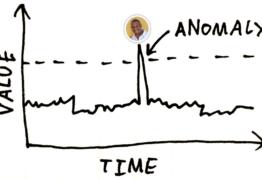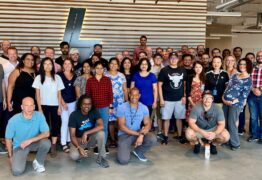The Champion’s Journey: 6 Core Principles to Workplace Efficiency
The work environment is fairly complex. On one hand it can be a place where you are valued for your contributions and motivated to excel in your career. On the other it can be stressful, frustrating, and unrewarding.
Does the latter sound familiar? Have you ever sat at your desk, face in your hands, and wondered why? Why are things so damn difficult? If you have, you are not alone.
Workplace efficiency is achievable, but the journey is not for the meek. You need to be disciplined in positive thinking, adaptive to change, and to understand what it means to work within a team.
Over the course of my professional career, I have identified 6 core principles which I use as part of a motiving system called The Champion’s Journey.
When put into practice, I have always had a higher rate of success in accomplishing my personal and professional goals.
The Champion’s Journey
The Champion’s Journey is a metaphor for accomplishing or overcoming everyday life challenges through sheer attitude, natural ability, and hard work. It represents a lifestyle of discipline that will enable you to stay focused, persevere through adversity, motivate others, be accountable, demonstrate integrity, and show humility. Each of the principles, when practiced will transform your perspective in your work / life journey.
Core Principle #1: Focus
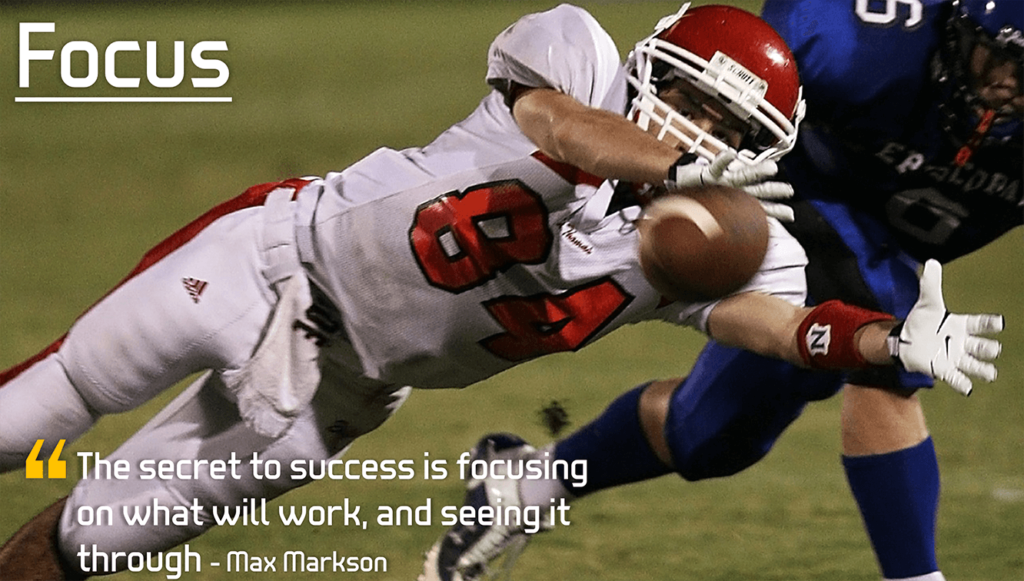
Outlining realistic goals, defining a clear execution plan, and tracking incremental progress is the first step towards ensuring your company, team, and individual objectives are successful. However, preparation without focus is similar to taking a trip without a destination.
Remember Rome was not built in a day. Try defining incremental milestones towards your ultimate goal keeping your end vision in mind.
Core Principle #2: Perseverance
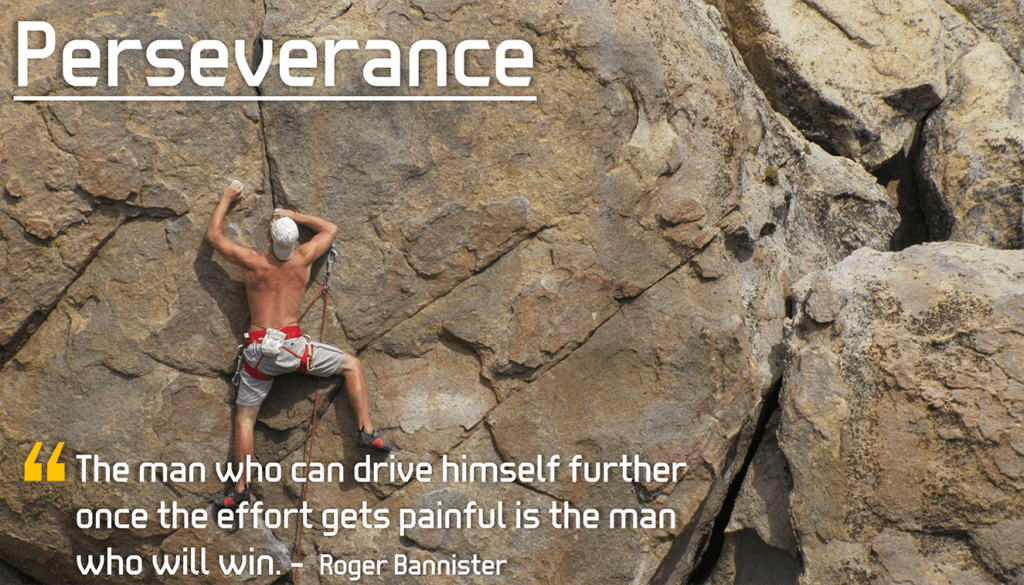
It is a well-known fact that regardless of the amount of planning, tracking, and risk mitigation done towards your goal, you will always face some type of roadblock whether self-inflicted or something outside of your control.
Be creative when your back is against-the-wall, understanding there is always more than one way to solve a problem. Not being afraid to shift directions to overcome obstacles is a sure-fire way to succeed. The journey might take a bit longer, but you will have earned the reward and the experience to encourage others in difficult situations.
Core Principle #3: Motivation
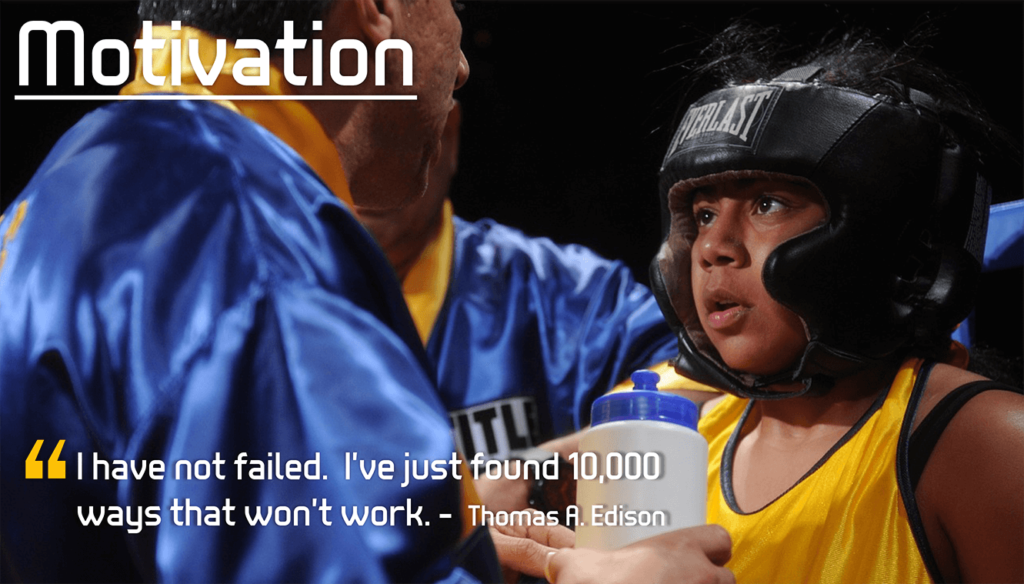
Let’s be honest… sometimes work can be sort of a drag. One can only take so many “situations” before becoming overwhelmed, stressed out, and mentally frustrated. The desire to press forward on your daily mission can come to a screeching halt when you realize the light at the end of the tunnel is a train coming full steam ahead.
When these “situations” occur, life can be downright demotivating and without a strong support system behind you, these challenges can be overbearing to deal with.
The ability to motivate yourself, a team, or an organization to achieve what seems to be impossible under dire circumstances is one of the most powerful and difficult qualities to master. Remember to practice positive intent and have an optimistic mindset. If done correctly, you will be able to move mountains and be a change agent in any setting.
Core Principle #4: Accountability
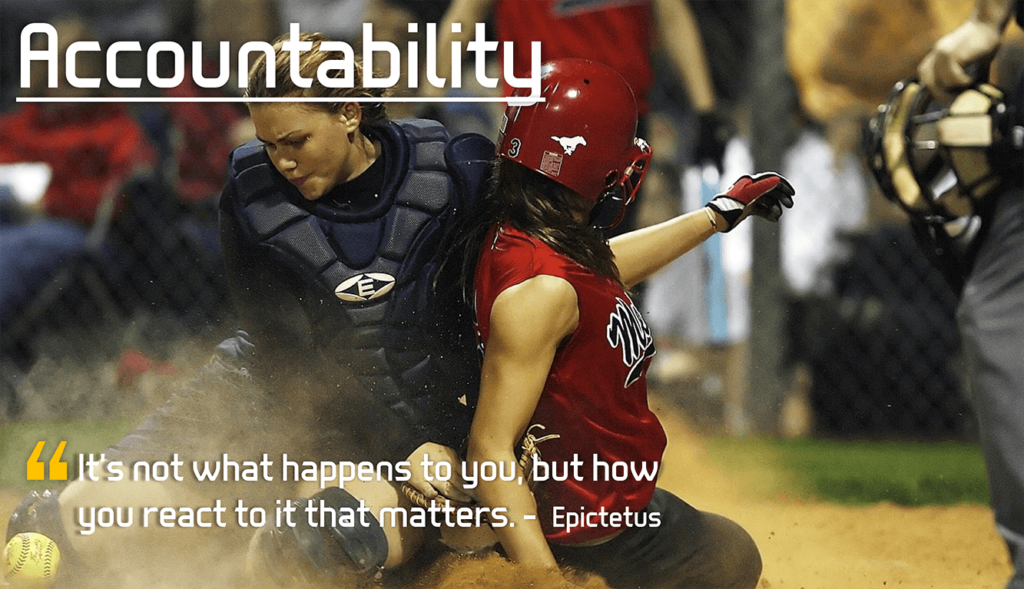
At some point in your career mistakes are bound to happen. If you’ve been in the industry for awhile I’m sure you’ve had one of these oh ****! moments below:
- Under estimated a project’s scope and complexity
- Added an extra zero to the GMV forecast
- Bombed an important presentation or design review
- Hit the send button on that email just a bit too soon
- Deployed a massive bug to production
- Just plain missed the mark with the fear of not having a job the next morning
When you are the root cause of your own mishaps there are a wave of emotions you might cycle through: embarrassment, guilt, anger, and fear of letting the team down. These emotions can be overwhelming and in situations like these taking ownership of your actions, being transparent about the issues, and resetting expectations on the path forward can help control negative feelings and regain the confidence needed to get back into the game.
Core Principle #5: Integrity
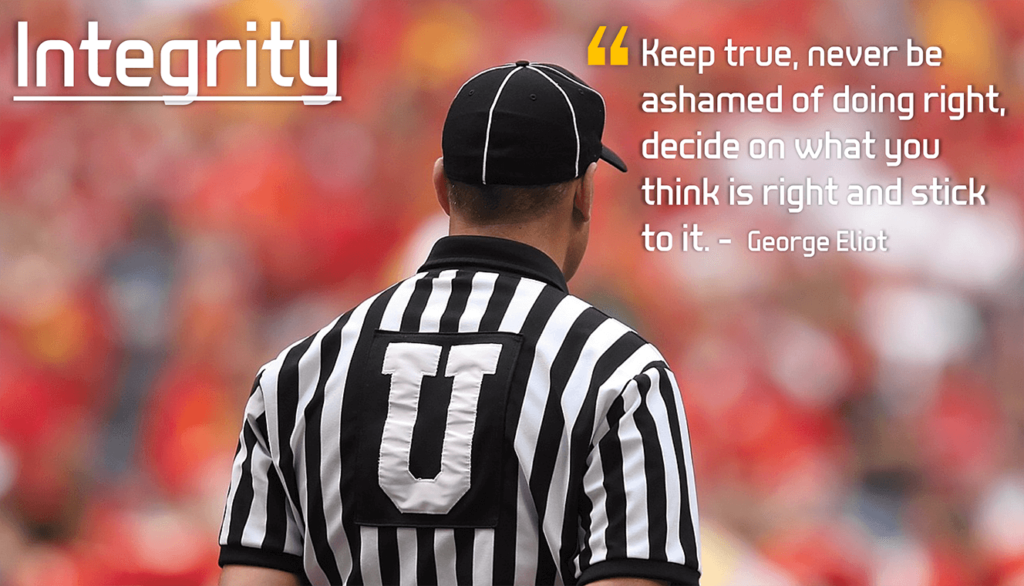
Google defines integrity as:
the quality of being honest and having strong moral principles; moral uprightness.
In day to day life we strive to uphold strong moral principles: no stealing, cheating, or taking advantage of others. The same applies to our work / team environment.
Have you seen any of these situations happen within the workplace:
- Finger pointing and throwing team members under the bus for missed deadlines
- Gossip and criticizing others behind their backs
- Taking short-cuts in a process or quality checks which might have a negative impact downstream
- The free snacks in the office start to be hoarded causing others to miss out on a midday treat
- Someone used up the last bit of toilet paper in the communal bathroom and failed to replace the roll leaving the tasks for someone else
- Claiming credit for the work of another employee, or failed to give public credit to a coworker’s contribution when presenting materials as your own
There is no secret sauce to “acting with integrity”. It is a conscious thought which needs to be put into action. People who demonstrate integrity build a reputation of trustworthiness and dependability. These are the people whom can be counted on to behave in honorable ways when no one is looking.
Core Principle #6: Humility
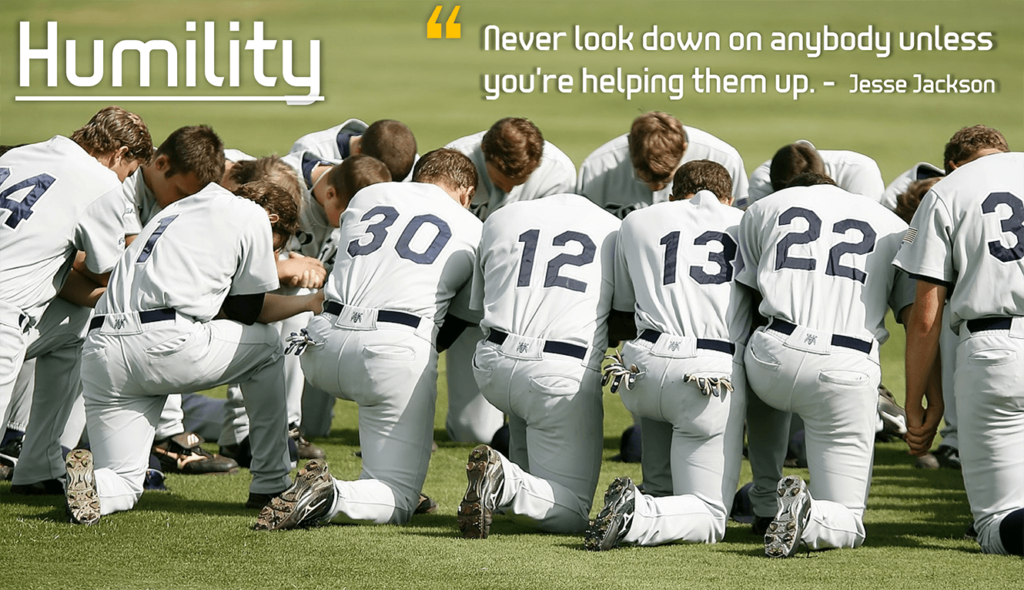
When we talk about humility within a team setting it is important for an individual to acknowledge personal limitations, willing to accept help, and assist others accomplish tasks as needed. Humility is also the practice of using inclusive words like “we” and “team” instead of “I” and “me”. This mental mindset shift is important in creating an open work environment where people thrive towards a common goal.
Demonstrating humility will help you earn the respect of your team, peers and basically make you feel damn good in the process.
The Finish Line
The Champion’s Journey is not an easy one. It takes Focus, Perseverance, Motivation, Accountability, Integrity, and Humility to cross the finish line. Mastering these skills will not only help you in your personal life, but in your professional career in shaping and building a healthy environment and team setting towards workplace efficiency.
I am a member of a team, and I rely on the team, I defer to it and sacrifice for it, because the team, not the individual, is the ultimate champion.
Mia Hamm



